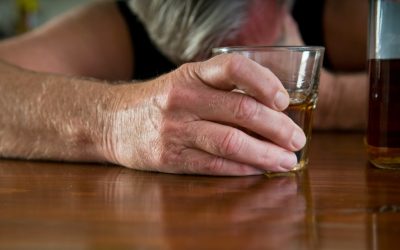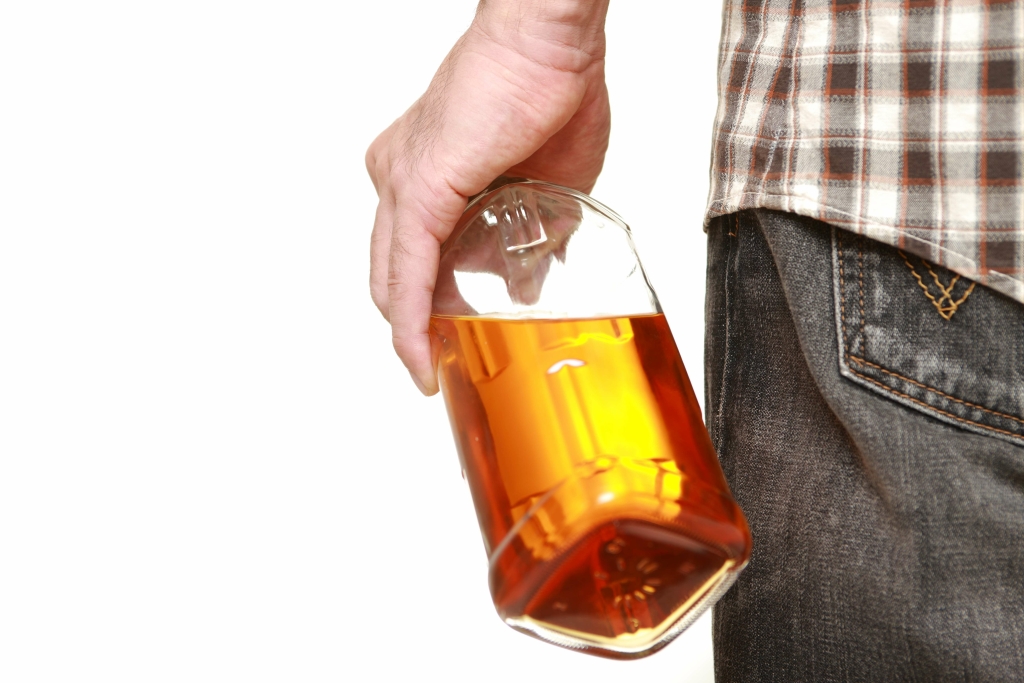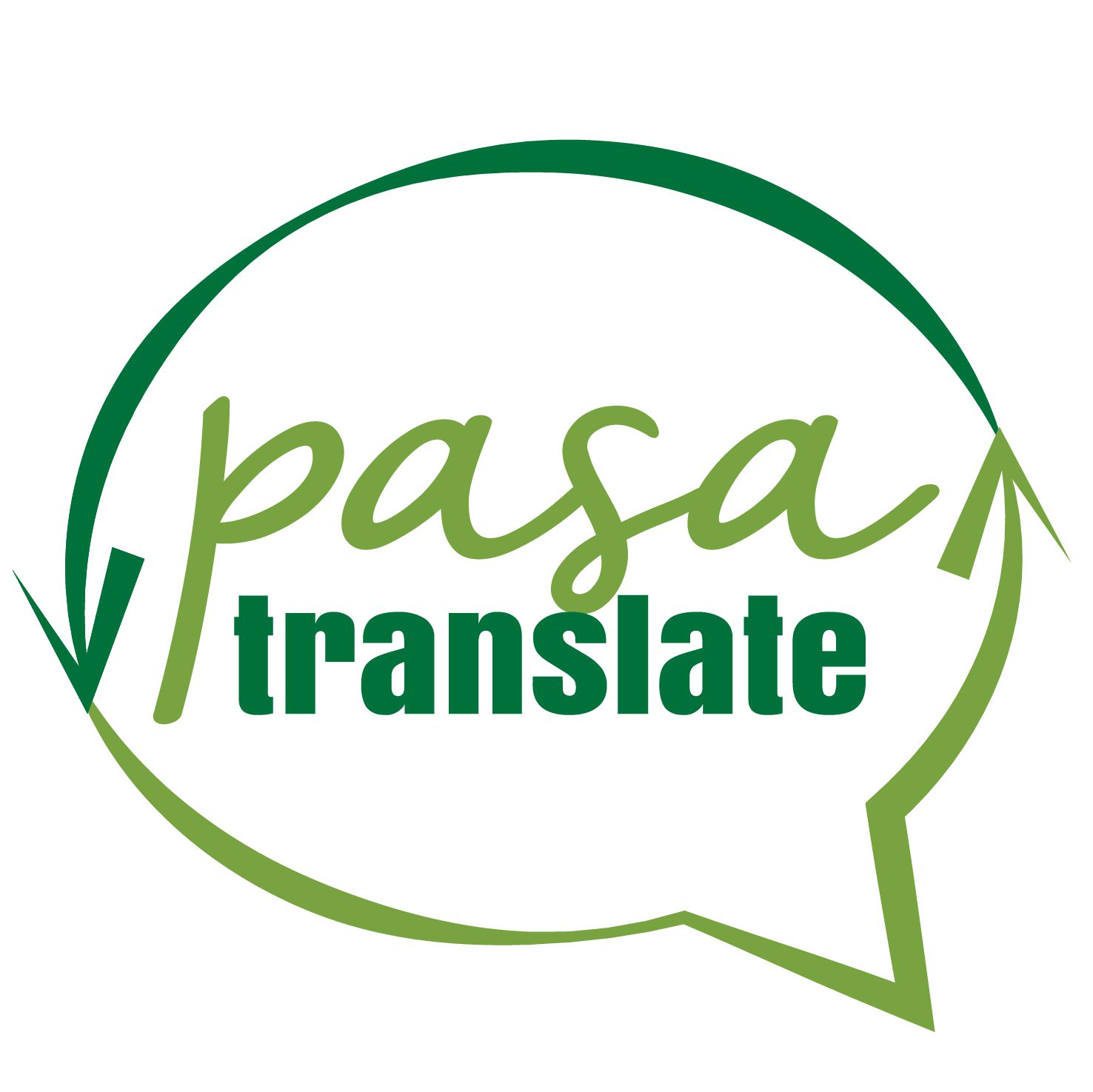If they make the necessary changes, they can go forward and be happier than they were before. It forces people to reevaluate their lives and make changes that non-addicts don’t have to make. They are caused by insufficient coping skills and/or inadequate planning, types of relapse triggers which are issues that can be fixed [8]. Clients are encouraged to challenge their thinking by looking at past successes and acknowledging the strengths they bring to recovery [8]. A basic fear of recovery is that the individual is not capable of recovery.
- When it comes down to situations, everyone handles adversity differently.
- HALT can lead to stress, as can a thousand other circumstances that will differ for each individual.
- On the other hand, someone may experience cravings while feeling low or sad.
- All of these situations could potentially lead to a relapse if you’re not prepared.
Write down things that have helped you stay sober on your recovery journey. Positive coping skills include attending support groups, exercising, journaling, and eating healthy foods to minimize intense cravings. Many internal and external triggers are easily identifiable as they can be clearly connected to one’s substance misuse. For example, someone might see substance use imagery on a TV show and later romanticize using.
The Stages of Relapse
Triggers can arrive seemingly out of nowhere and result in serious cravings for substances. They can lead to latent emotional responses that only gradually have consequences. Recovery is still possible, but the sooner you act after a relapse the better. Get some insight on what to do if you relapse, and remember that after a relapse you may need to attend additional drug or alcohol rehab to get back on your road to recovery. Please feel free to send us a message or give us a call and we would be happy to provide you with further information.

The Recovery Village has a strong record of helping people with substance use disorders to achieve recovery. Reach out to one of our understanding team members today to learn how you can start on your path to recovery. Often, relapse will be preceded by a trigger that causes someone to start thinking about relapsing or creates a craving for a substance that was previously used. These triggers can be difficult to recognize and can completely disrupt a recovery if they lead to relapse.
Addiction Treatment Programs
When these emotions crop up again during recovery, the brain remembers dealing with them using drugs or alcohol and prompts cravings. A relapse prevention plan is https://ecosoberhouse.com/ essential for recognizing warning signs and ensuring sobriety. With the guidance of experienced professionals, these plans offer strategies for behavioral change.
8 Factors That Can Trigger a Depression Relapse – Everyday Health
8 Factors That Can Trigger a Depression Relapse.
Posted: Fri, 02 Jun 2023 07:00:00 GMT [source]
If you are facing chronic pain, reach out to your recovery center, if you haven’t already. They may be able to connect you to healthcare services that help people address chronic issues in ways that are safe. Mental health conditions may be a significant internal trigger, especially if you have an undiagnosed mental health disorder. Rather than try to address each individual one, a helpful strategy may be to develop healthy ways of dealing with stress in general. The stressors of daily life can include several triggers including coworkers, on-the-job stress, finances, and family tensions. Mindfulness practices include staying in the present, being aware of your surroundings (including potential triggers), and meditation.
Why Addiction Relapse Happens: The Brain After Addiction
Another one of the most common relapse triggers is putting yourself in situations where drugs and alcohol are available. It is not always so straightforward though — simply driving through an old neighbourhood or catching the smell of a pub as you walk by can be enough to trigger intense urges to use. After some time in recovery, as life starts to even out, you may begin to feel like you no longer need to follow your relapse prevention plan. You might think you are strong in your recovery and put yourself in increasingly risky situations – while also no longer working a recovery programme. Individuals develop new thoughts, feelings and behaviors while using substances.
Recovering individuals can carry out personal exercises where they make a list of the people, places and things that remind them of their substance-using life. Asking certain questions about external triggers can help prevent relapse. It is the culmination of an emotional relapse and a mental relapse.
Staying Grounded: Managing Triggers in Addiction Recovery
If they had just one drink, they might be considered as having a “slip,” but not a full relapse. A single use might cause a person to feel unmotivated, guilty, or ashamed of their actions. It can also result in intense cravings that then continue to further use. After a relapse, getting back on track as soon as possible is important. It can bring on feelings of shame, frustration, and often cause someone to feel as if they are incapable of changing their behavior or achieving their goals. Research shows that the use of drugs and alcohol can alter the brain.
As a result, you may find yourself in high-risk situations that could easily trigger a relapse. You can prevent this by keeping yourself in check and staying humble through the recovery process. As soon as things start getting hard, it’s tempting to turn back to addiction. Instead, learn how to practice relaxation, and how to be relaxed in any and every situation.
Cognitive behavioral skills refer to your ability to recognize thought patterns influencing your emotions and determining your behavior. For instance, drug paraphernalia such as cigars, rolling papers, syringes, and pipes can be a relapse trigger to a former addict. The brain of a former addict registers such things and relates them to the same environment involved in drug-seeking behavior.


